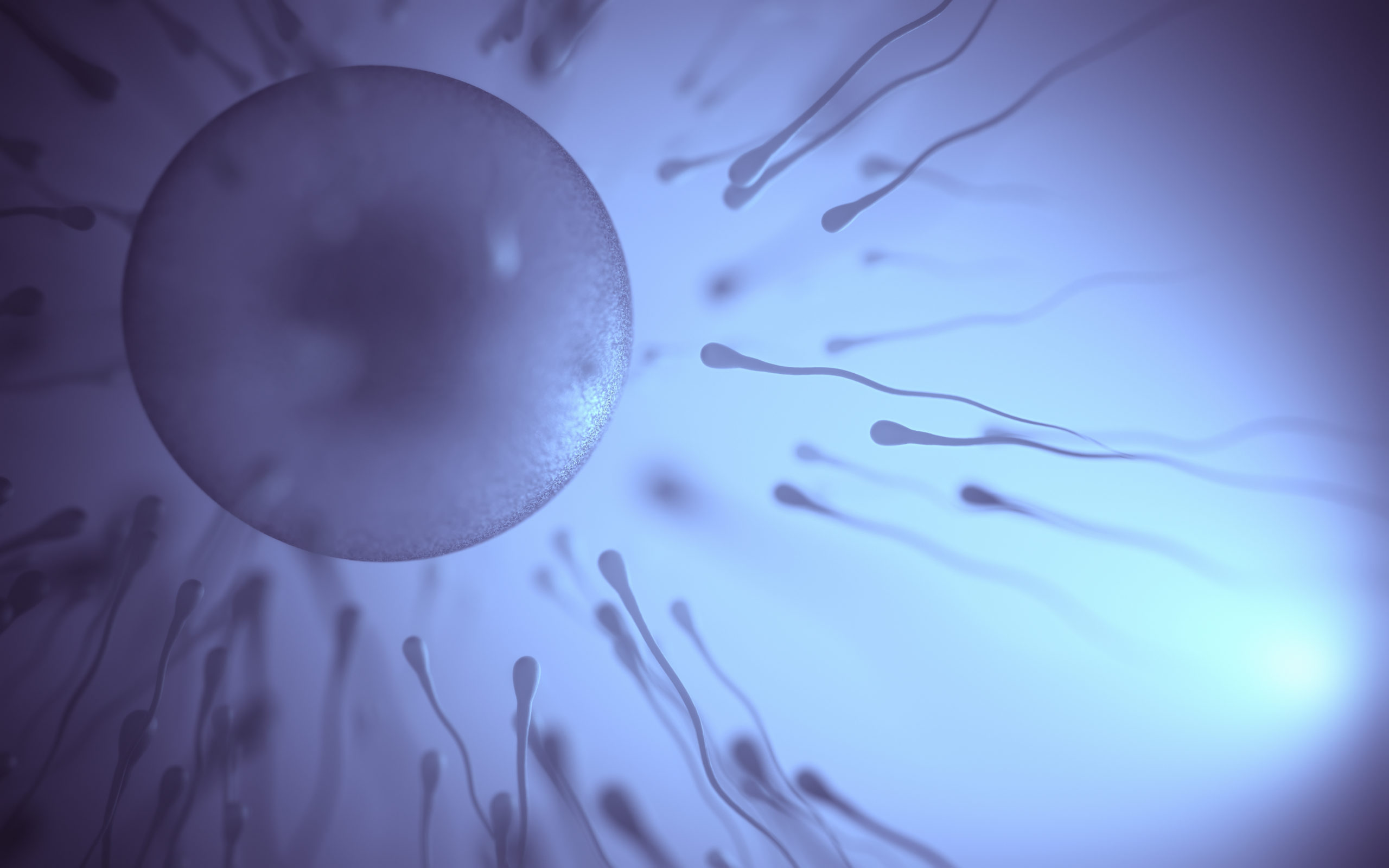REPRODUCTIVE DISORDERS
Infertility is the inability of a sexually active couple, not using any birth control, to get pregnant after one year of trying. In about 30 to 40 percent of cases, the problem is in the testes, the glands that produce sperm and testosterone (the main male sex hormone). Damage to the testes can result from infections such as mumps, treatments for cancer such as radiation or chemotherapy, trauma, or surgery.

For pregnancy to occur, several things have to happen:
- An egg must develop in the woman’s ovary.
- The ovary must release an egg each month (ovulation). The egg must then be picked up by one of the fallopian tubes.
- A man’s sperm must travel through the uterus to the fallopian tube to meet and fertilize the egg.
- The fertilized egg must travel through the fallopian tube and attach (implant) in the lining of the uterus.
If any of these events does not happen or is disrupted, infertility will result. About 35% to 40% of infertility cases are due to female infertility, but male infertility is a factor in 40%.
About 25% of women with infertility have infrequent or absent ovulation. These women usually have irregular periods or no periods at all. Ovulation can be disrupted by changes in the way certain hormones are released from the hypothalamus (gonadotropin-releasing hormone [GnRH]) and the pituitary gland (follicle-stimulating hormone [FSH] and luteinizing hormone [LH]). LH and FSH signal an egg to develop and be released from the ovary.
Problems that interfere with normal LH and FSH release include:
- Injuries to the hypothalamus
- Pituitary Tumors
- Being too thin or too heavy
- Exercising too much
- Extreme stress
Other hormonal conditions that interfere with ovulation or affect fertility are:
- Polycystic Ovary Syndrome (PCOS)
- Hypothyroidism or hyperthyroidism
- Diabetes Mellitus
- Early menopause
- Cushing’s Syndrome

